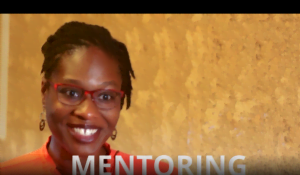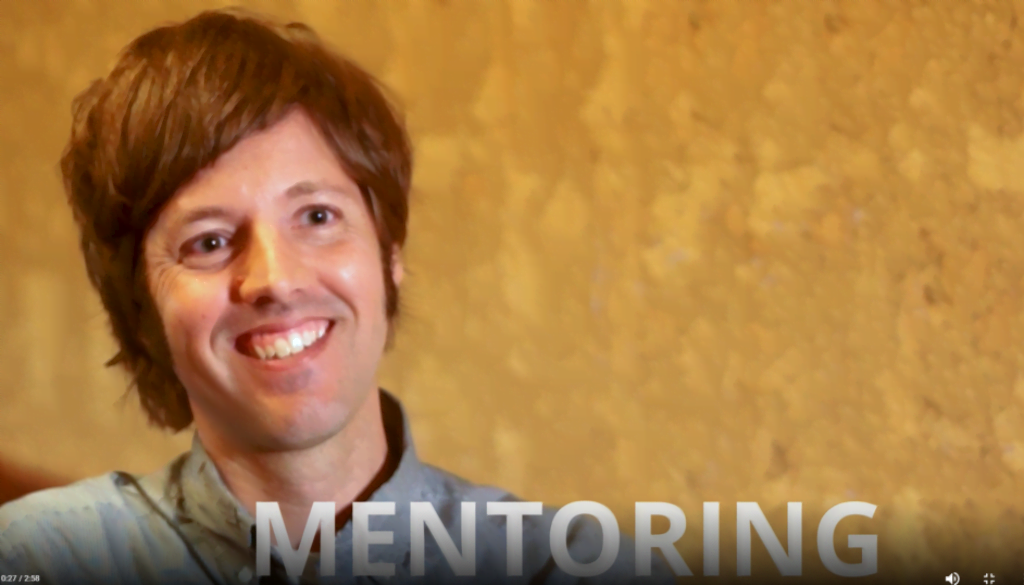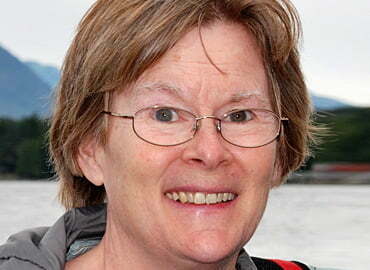Mentoring Program Re-Opens Registration After Successful Pilot
Christine BachrachThe IAPHS Mentoring Program is open again for registration. The program warmly invites:
- IAPHS members who could use some support and guidance in navigating their careers, and
- Population health scientists/professionals (regardless of membership) who are willing to lend a helping hand to the next generation.
Please register on the Mentoring Program website, where full information about the program is also available. Registration will be open until January 3, 2020, and mentor-mentee pairs will be matched after that date.
Watch the videos on the IAPHS mentoring website to hear mentors and mentees talk about what they have gained from being part of a mentoring relationship.
See a list of pilot mentors here.
The re-opening of the program comes after an extensive evaluation of the Mentoring Pilot Program, which was launched on October 3, 2019. The Pilot enrolled 26 mentor-mentee pairs who met periodically over the past year to discuss a broad range of issues. Mentees included students, postdocs, and early career scientists in both academic and other settings, and 3 more-senior individuals with specialized needs. Mentors hailed from academic and nonacademic settings, with about three-quarters having tenure-track academic positions.
Issues discussed include navigating interdisciplinary careers, building successful publication records, networking, prioritizing and productivity, navigating experiences with marginalization, and creating partnerships with communities or policy organizations. Most pairs targeted monthly calls or meetings over a full year, but others pursued goals that took only a few meetings to achieve.
To learn from the pilot, the IAPHS Mentoring Committee monitored the progress of pairs through monthly emails over the course of the year and conducted a survey of all participants last Spring. Members learned several important lessons:
- For the most part, the program was doing a good job of meeting needs. Among survey respondents, 97% reported satisfaction with their mentoring relationship and 92% strongly or somewhat agreed that their expectations for the relationship had been met.
- Mentor-mentee matches were generally good, but there were some exceptions. It is critical that mentors and mentees communicate any concerns they have so that problems can be addressed promptly. In some cases junior scientists were paired with mentees of similar or more advanced career stages, and this tended to be uncomfortable for the mentors.
- Although monthly check-ins with pairs helped the Committee identify issues, it created significant concerns about reporting burdens. In addition, a requirement that each pair post a plan for their relationship, while helpful for most, also added to the burden.
The newly re-launched program includes a number of design changes to address these issues, including:
- Reducing the steps needed to establish active mentor-mentee pairs. This includes encouraging, rather than requiring, pairs to create plans.
- Continuing with the monthly emails but limiting follow-up to pairs to a narrower range of circumstances.
- Eliciting more in-depth information from mentees about their needs and limiting matches to those for which Committee confidence in the potential for success is high. The program will continue to be open to mentors and mentees at any career stage, but matches are not guaranteed.
The mentoring program is generously supported by a grant from the Robert Wood Johnson Foundation. Executive Director Sue Bevan provides substantial administrative support in setting up online systems and managing communication. The Mentoring Committee designed the program, creates pairs, and monitors program functioning. IAPHS is deeply grateful to all of these people, and especially to the mentors who volunteer to help the next generation of population health scientists succeed in advancing our interdisciplinary field.






All comments will be reviewed and posted if substantive and of general interest to IAPHS readers.